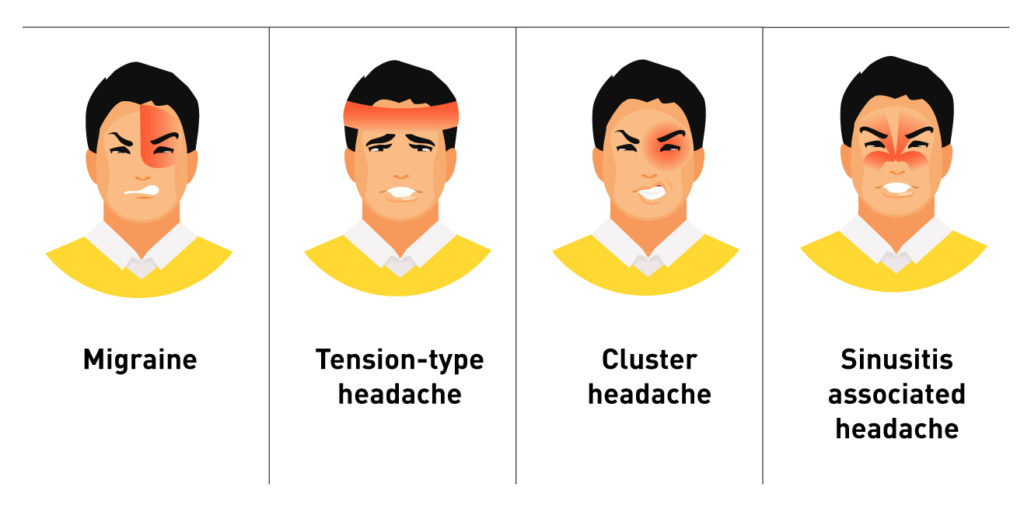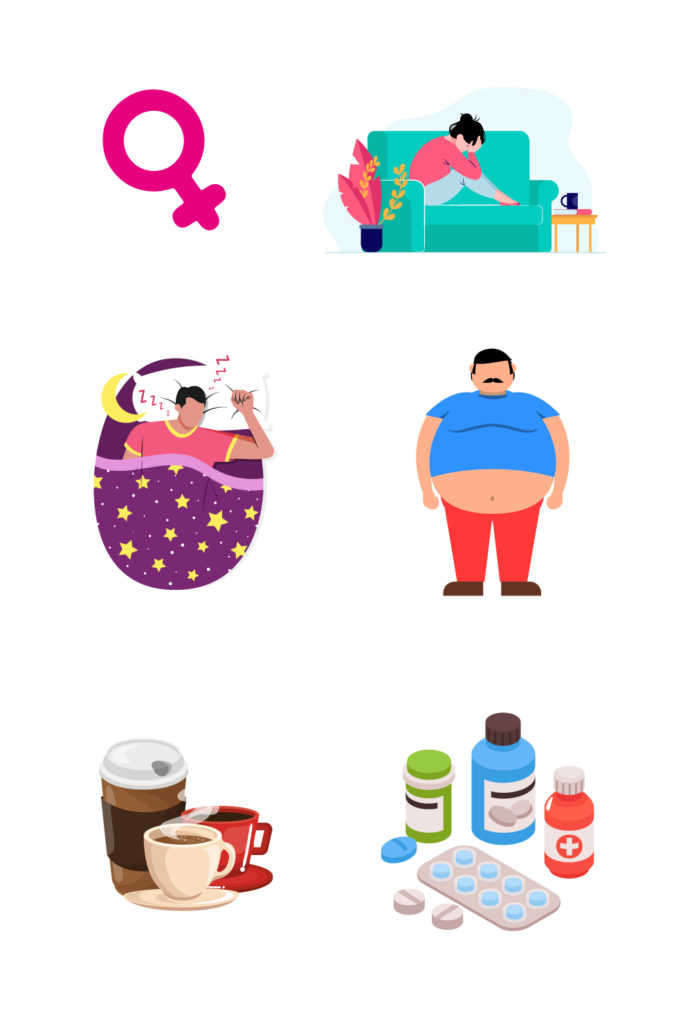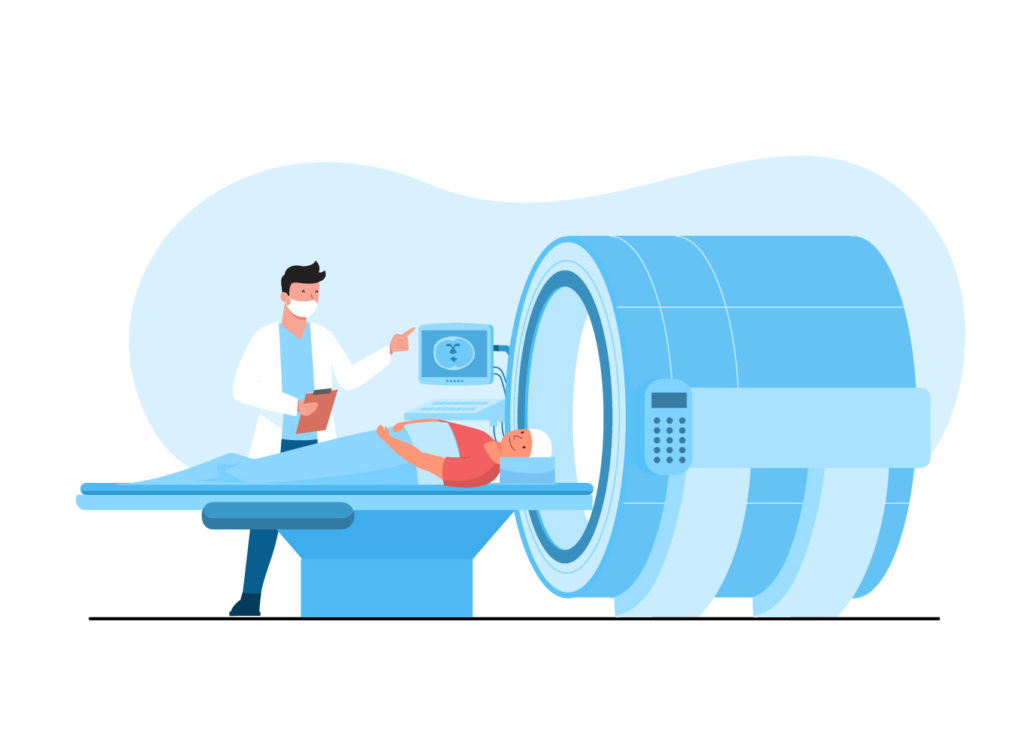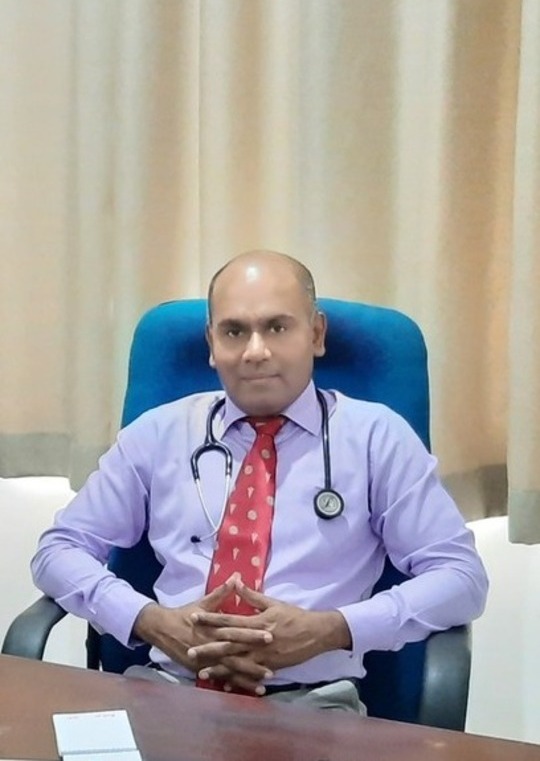
Let’s talk flu, its prevention and home remedies.
Boo-ger season is here! Let’s begin by defining flu (short term for influenza) because it’s usually misunderstood as fever or cold. Flu is a common
Headache is a common medical condition worldwide. Physicians need to evaluate adult patients with acute headaches to determine whether the condition is benign (harmless) or if it indicates the features of life-threatening neurological or other systemic illness.
Approximately half of the adult population is affected by a headache disorder. Physicians are faced with many challenges in differentiating primary headaches (tension-type, migraine, cluster headache) from secondary headaches (those caused by infection or vascular disease). Hence, a thorough history, physical examination, and understanding of the typical features of primary headaches can reduce the patient’s cost of unnecessary investigation and intervention like neuroimaging, lumbar puncture, or other laboratory studies.
But if you experience frequent headaches, you might have a chronic headache. Unlike a specific headache type, chronic headaches include subtypes. The constant nature of this headache makes it one of the most disabling headache conditions. However, aggressive initial treatment and steady long-term management could help alleviate the pain.
The causes of many chronic headaches are not well-understood. Primary chronic daily headaches don’t have an identifiable cause.
Conditions that might cause non-primary chronic daily headaches include:

Cluster Headache – relatively rare
Severe or very severe unilateral orbital, supraorbital or temporal pain may last 15 to 180 minutes (if untreated).
Headache is accompanied by at least one of the following
Tension-type headache – These headaches tend to:
Migraine – This type typically occurs in people with a history of episodic migraines.
Chronic migraines tend to:
And they might have at least one of the following:
New daily persistent headache – These headaches come on suddenly, usually in people without a headache history. They become constant within three days of the onset of the first symptoms.
Medication overuse headache – This type of headache usually develops in people who have an episodic type headache disorder, usually migraine or tension-type, and are taking too much medication for their pain. If you’re frequently taking pain medications, even over-the-counter (generally more than two days a week), you will be at risk of developing rebound headaches.
Factors associated with developing frequent headaches include:


Your doctor will evaluate the symptoms and examine you for signs of underlying medical conditions such as infection, neurological problems, etc. If the cause of your headaches remains uncertain, your doctor might order imaging tests, such as a CT or MRI scan of the brain, to look for an underlying medical condition.
Taking care of yourself might help ease chronic daily headaches.
Avoid headache triggers.
Avoid medication overuse.
Get adequate sleep.
Don’t skip meals.
Do regular exercise.
Reduce stress.

Occasional headaches are common and usually require no medical attention. However, consult your doctor if:
Seek prompt medical care if your headache:
Treatment for an underlying condition is the definitive management of chronic headaches. If the doctor cannot find such an etiological condition, treatment will be focused on symptom relief and prevention of pain.
Prevention strategies may vary depending on your headache type and whether medication overuse contributes to your headaches. If you take pain relievers more than three days a week, the first step might be to wean off these drugs with your doctor’s instructions.
After a detailed evaluation of the symptoms and signs, your doctor may recommend various medications depending on your clinical profile.
Chronic headaches can interfere with your day-to-day activities, relationships and quality of life.
In these difficult times, it is vital we look after ourselves and our loved ones. If you or anyone you know is suffering from any of the above-mentioned symptoms you can speak to an on-demand doctor on oDoc from the comfort of your home.

Dr Namal Lasantha Ulluvisheva
General Physician
SLMC 19165
Sri Lanka Navy – Ministry of Defence

Boo-ger season is here! Let’s begin by defining flu (short term for influenza) because it’s usually misunderstood as fever or cold. Flu is a common

Menopause Brain Fog is real: A Simple Guide with Symptoms and Treatment Women in their 40s and 50s who are just entering the end of

How to Keep Work Stress from Taking Over Your Life In today’s fast-paced and competitive world, work stress has become an all-too-common problem that affects
இப்போது மருத்துவ குறிப்புகளை உடனுக்குடன் உங்கள் இன்பாக்ஸ் இல் பெற்றுக்கொள்ளுங்கள்.